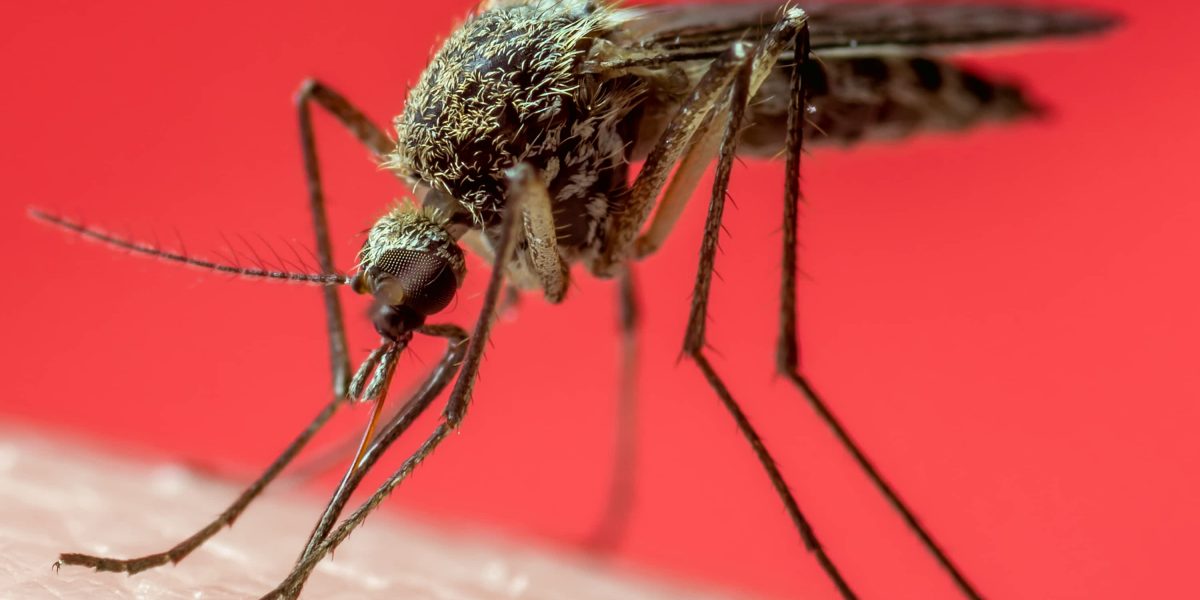The Mosquito season in Toronto seems to be associated with a rise in the prevalence of disease conditions including the deadly West Nile Virus which claimed the life of 6 seniors in 2018. This was more than the initial 3 deaths recorded in 2017 thus raising concerns and the need to proffer the right solutions.
Toronto, Ontario has always been a hot zone for the activities of West Nile Virus in Canada accounting for over 41 percent of new cases recorded yearly. Data gathered from Public Health Ontario weekly report revealed that out of the 32 new cases reported to them in 2018 and 30 were confirmed while two were declared probable. Out of this number, it was discovered that 17 patients (representing 53%) were hospitalized while six deaths have been documented. More data obtained from the U.S Center for Disease Control showed that over 1,993 new cases were reported in 48 states with 87 deaths. Out of the 48 states with the prevalence of the West Nile Virus, Texas had the largest share with over 1, 013 of the cases.
While these numbers may be coming from confirmed sources, some individuals believe the numbers were either out of date or reduced. Some scholars like Dr. Lisa Berger (Associate Medical officer of Health) believe some of the number of cases of West Nile Virus seems to fluctuate from one year to the other. According to her, “There are years where there’s a lot of West Nile Virus, numbers reported to us, and some years where there are very few. It seems to vary on a number of factors that affect mosquito population.” This means that, the higher the spread of infected mosquito pools, the greater the chance of West Nile outbreak in a given location.
True to the words of Dr. Lisa, it was discovered that about 40 mosquito pools scattered around the city, tested positive for the West Nile Virus thus increasing the possibility of spreading the virus to new populations.
While there seems to be a reduced activity of West Nile Viruses this year, there are slight possibilities of experiencing an outbreak if the right care is not put into due consideration most especially in helping people who are immunocompromised such as the very old and young. This explains the fact why most victims of West Nile Virus are seniors.
To take precautions, it is highly advisable that all targeted population (the immunocompromised) and other members of the public wear light-colored, long-sleeved shirts and pants when outdoors or utilize insect repellants containing picaridin or DEET to limit the activities of the disease vector. Adequate care should also be taken not screen blood for West Nile Viruses before transfusion since it can be transmitted through that means. Also take extra precautions during prime mosquito times (dusk and dawn) and discard any stagnant water from your property and make sure your home has tight-fighting screens.


